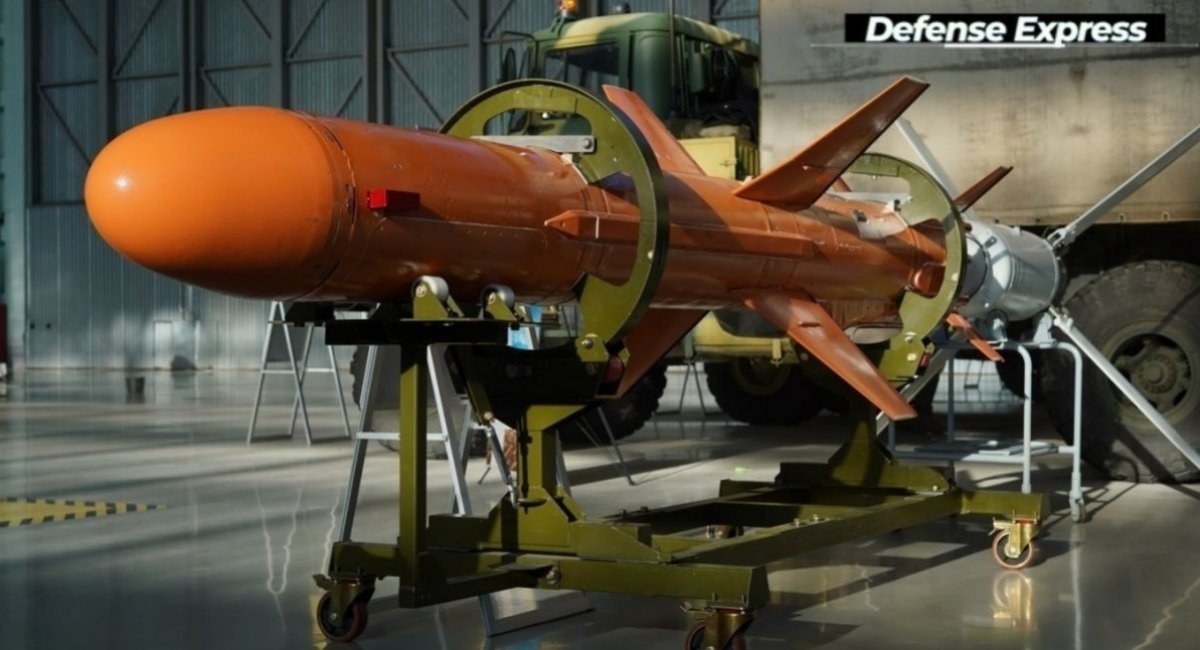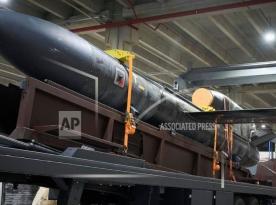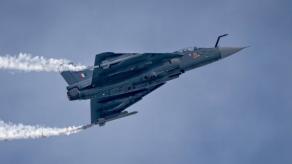Ukrainian-developed Neptune cruise missile can strike targets at distances up to 1,000 kilometers in the modernized version
The land-attack version of Neptune cruise missile has already been used to strike objects inside russia. More details about the so-called "long Neptune" have not yet been made public.
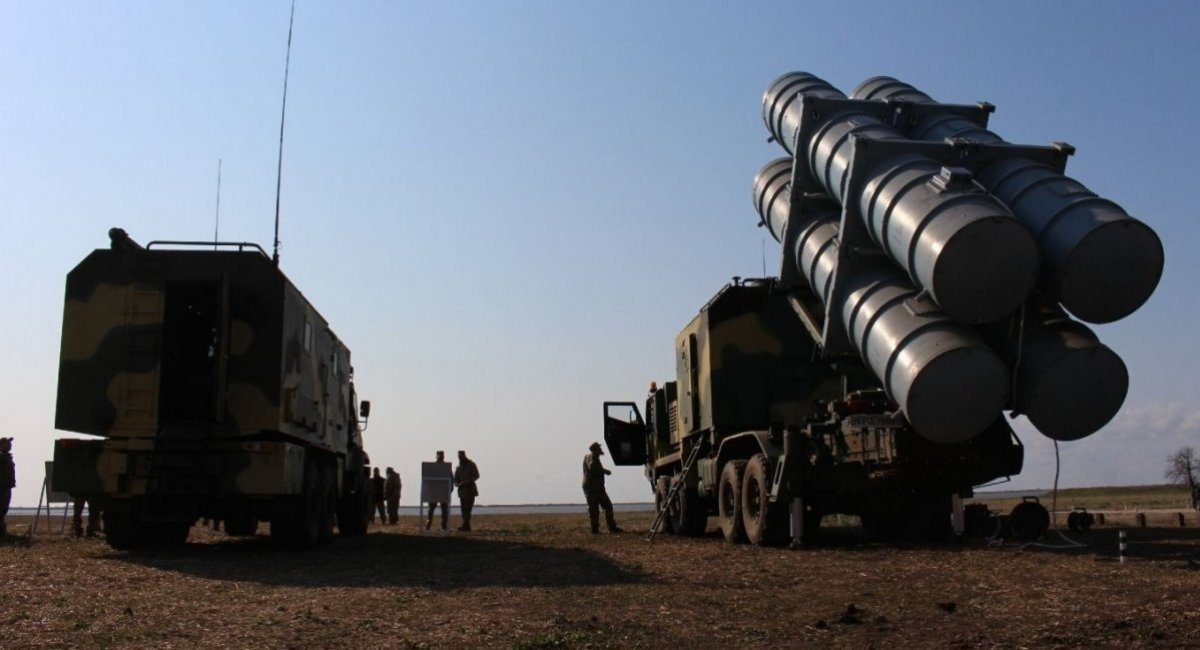
New Satellite Images Allow Counting russia’s Tu-22M3, Tu-95MS, Tu-160 Bombers at Olenya and Engels Airbases
Satellite images by the AviVector monitoring resource have become publicly available, which allow us to count the number of available strategic bombers of the Tu-22M3, Tu-95MS and Tu-160 types and accompanying aircraft at Olenya and Engels airbases as of March 11, 2025.
Read more: Defense Express’ Weekly Review: Lockheed Martin Is Out of the F/A-XX Program, Ukraine Shows Technological Superiority that Leads to Devastating russian Losses, Concerns Grow over Washington’s Control over Allied F-35 Operations
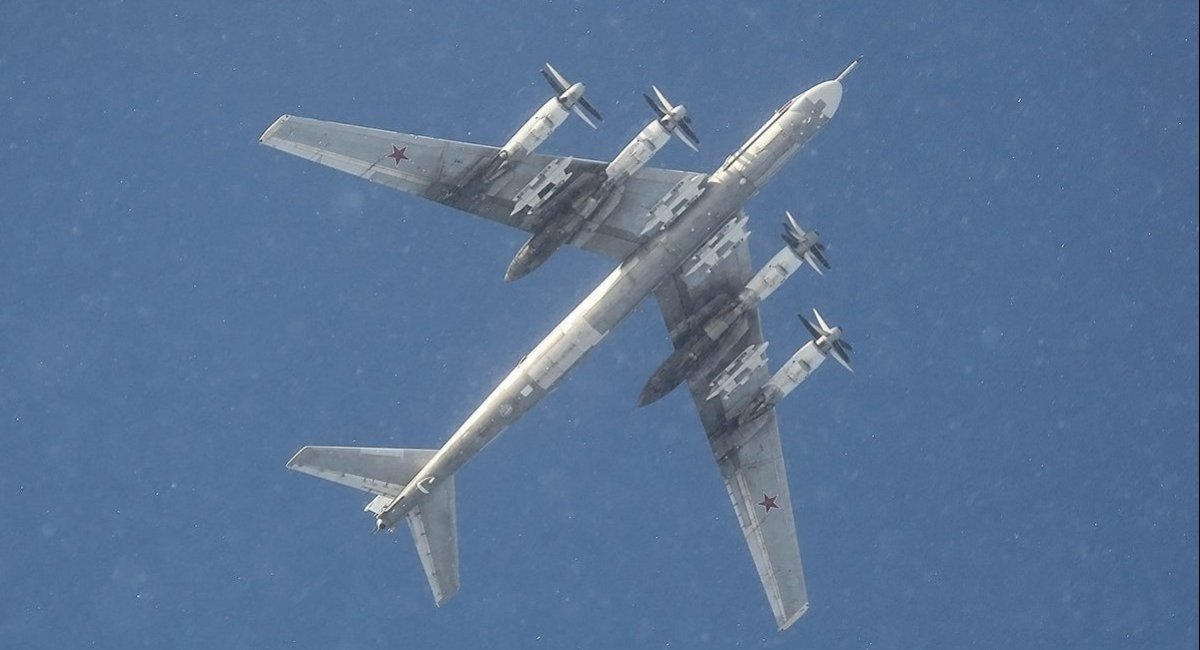
However, these images just allow us to generally estimate the number of strategic bombers at the airbases used by the russian federation to launch massive strikes on Ukraine.
Portugal No Longer Considering F-35 Purchase Due to White House Statements: Will This Become Trend or One-off
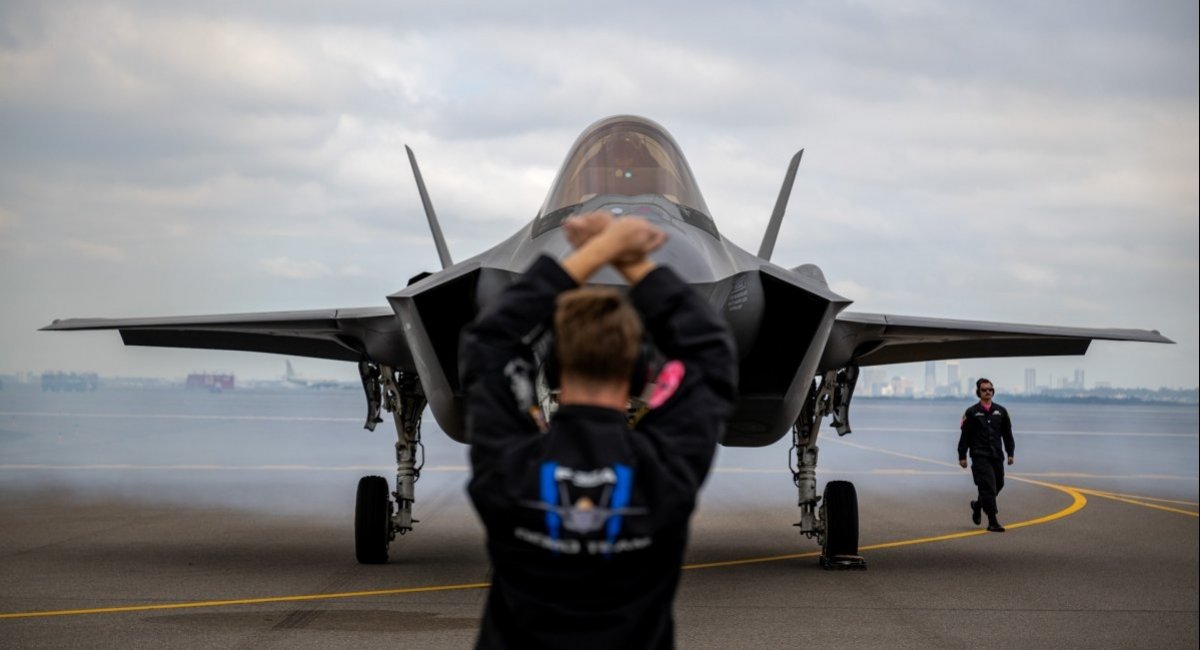
The consequences of Donald Trump's decision to suspend aid to Ukraine for a week and not to service the transferred weapons, including the F-16, along with threats of annexation towards allies, have caused a very powerful chain reaction. As a result, the question has arisen whether Washington has the ability to remotely disable its weapons, such as the F-35.
russians Complain That They Will Have to Fly Civilian An-26 Aircraft for at Least Another 10 Years Due to the Lack of a Replacement

russian aviation-related sources report that one of Rosaviatsiya's subsidiaries has commissioned certification work to extend the service life of An-26 aircraft used in russia’s civil aviation for another 10 years.
India Sought to Sell Most of Its 2,400-Strong T-72 Fleet, Now Buys Engines For Them From russia
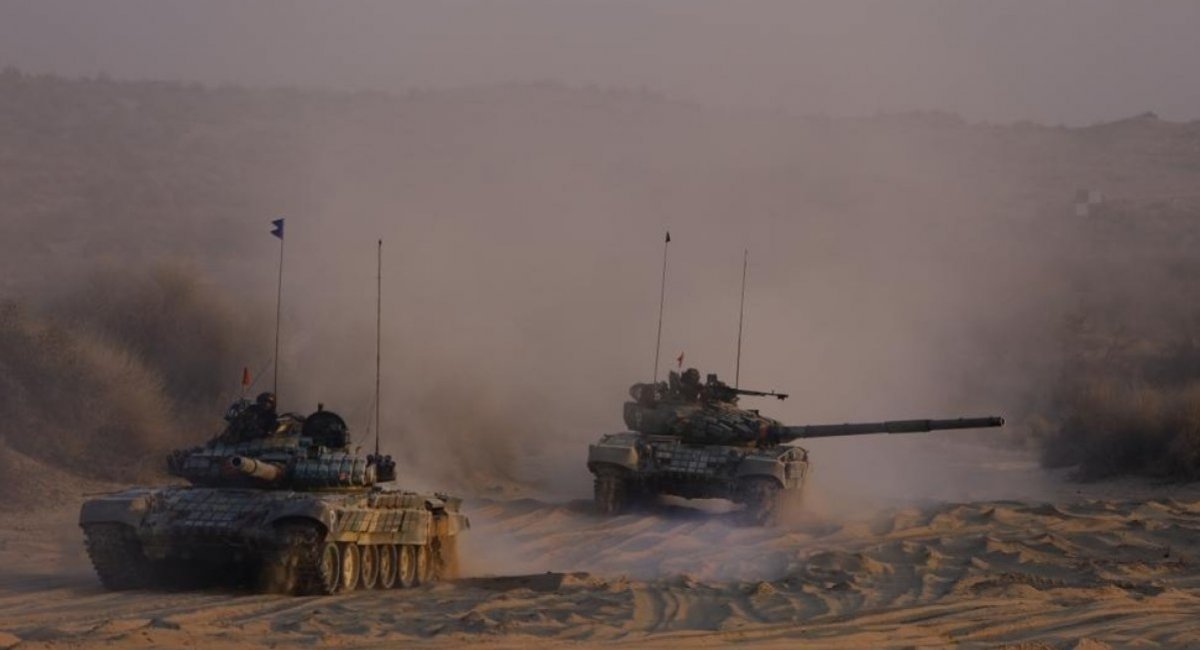
September 2024, media reported on India’s plans to sell most of its 2,400 T-72 tanks. The prospect raised concerns because of uncertainty about the intended customer and how New Delhi was going to coordinate the deal with russia — one of the traditional suppliers of weapons to the Indian market.
Dead End of Air Superiority? U.S. Military Uncertain If They Need 6th-Gen Fighter Anymore

Having officially put the sixth-generation fighter project on hold, the American armed forces began analyzing whether they needed an air dominance aircraft at all, and here are the preliminary conclusions
Leopard Tanks to Receive More 1960s MB 873 Engines as Germany Works on a Replacement
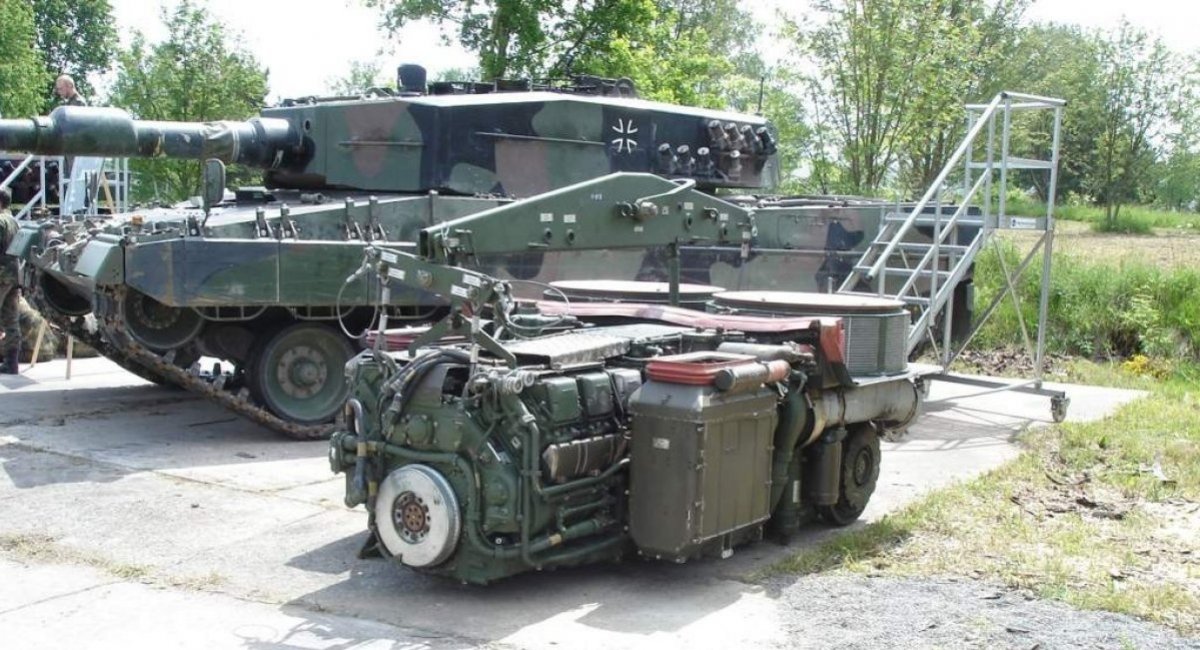
Rolls-Royce Power Systems AG, once MTU Friedrichshafen, is ramping up its production of MB 873 diesel engines, a model that originated in the 1960s and has been a staple in Leopard 2 main battle tanks for almost fifty years.
Simultaneously, the company is working on the new 10V199 engine, which could equip future Leopard 2 variants.
Ukrainian Reid 413th Battalion Destroys russian 9K33 Osa Air Defense System, Exposing russian Forces to Further Attacks (Video)

Operators of the Reid 413th Battalion of the Unmanned Systems Forces successfully conducted a precision strike on russian 9K33 Osa surface-to-air missile system in the Vuhledar sector.
Read more: Defense Express’ Weekly Review: Where the UK Might Have Sourced T-72 Tanks for Ukraine, russia Confirms Su-57 Export Deal, russia’s Battlefield Losses: Staggering Figures




